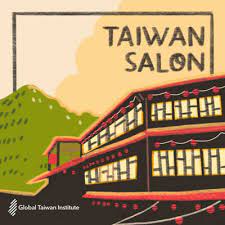
https://globaltaiwan.org/
After years of trying to outmaneuver China in a game of global diplomatic recognition, Taiwan is finally shifting strategies, note analysts Rocio Fabbro and Robbie Gramer.
China last month convinced Honduras to break formal ties with Taiwan and recognize Beijing, a significant setback for the independently governed island. The diplomatic blow left Taiwan with just over a dozen countries around the world that recognize its sovereignty and convinced top Taiwanese policymakers that it can no longer financially match Beijing in its bid for global influence, they write for Foreign Policy:
Taipei’s era of so-called checkbook diplomacy may be over. Decades of economic competition between China and Taiwan have developed a David-and-Goliath dynamic, as Beijing competes fiercely to undermine any recognition of the island as a sovereign country. Amid that competition, Taiwan has competed to maintain formal ties with a number of small countries around the world through generous development programs and investments in recipient nations’ health care, transportation, and technological sectors.
“The Taiwan president’s statement reflects a recognition on the part of Taipei that it cannot compete dollar for dollar with the PRC.” [People’s Republic of China] deep pockets,” said Russell Hsiao, executive director of the Global Taiwan Institute, and a former Penn Kemble Fellow National Endowment for Democracy (NED). He said Tsai’s statement also recognized the need for a more pragmatic global strategy, especially given Taipei’s more limited resources.
 Guatemalan President Alejandro Giammattei pledged support for a “free, sovereign, and independent” Taiwan while visiting Taipei today. Guatemala is one of only thirteen countries maintaining official diplomatic relations with Taiwan, Reuters reports.
Guatemalan President Alejandro Giammattei pledged support for a “free, sovereign, and independent” Taiwan while visiting Taipei today. Guatemala is one of only thirteen countries maintaining official diplomatic relations with Taiwan, Reuters reports.
“The Chinese attitude towards Latin America has changed,” said Julio Armando Guzmán, a former presidential candidate in Peru and a former NED Reagan Fascell fellow. “In the beginning it was basically based on soft power, trying to convince Latin American countries that the rise of China would be great for the region.” Now, he said, “China is ready to impose its power and use hard power to try and get countries to do what it wants.”







